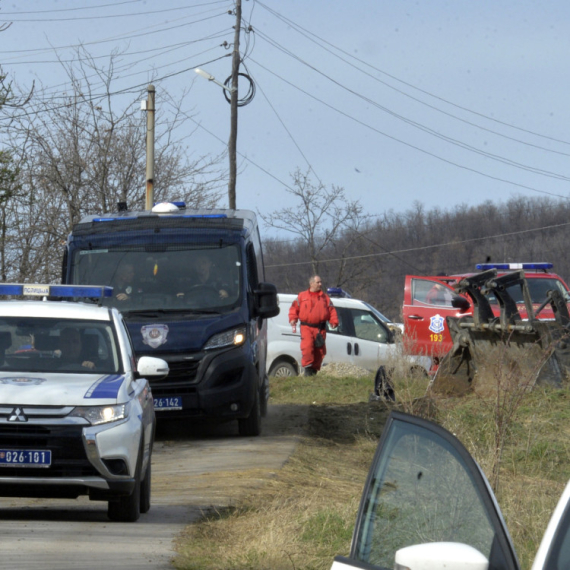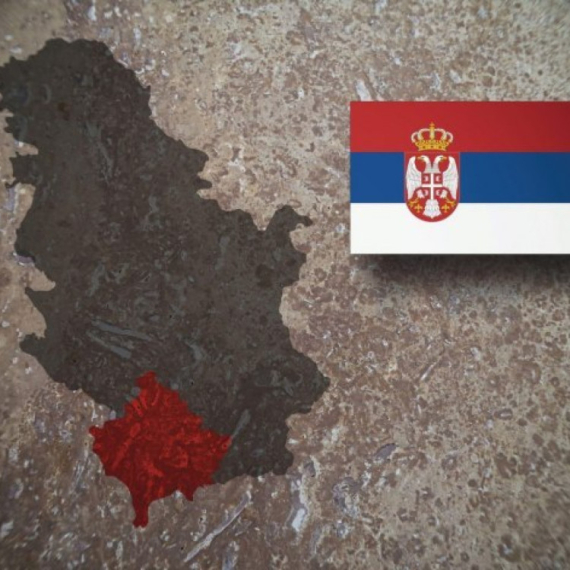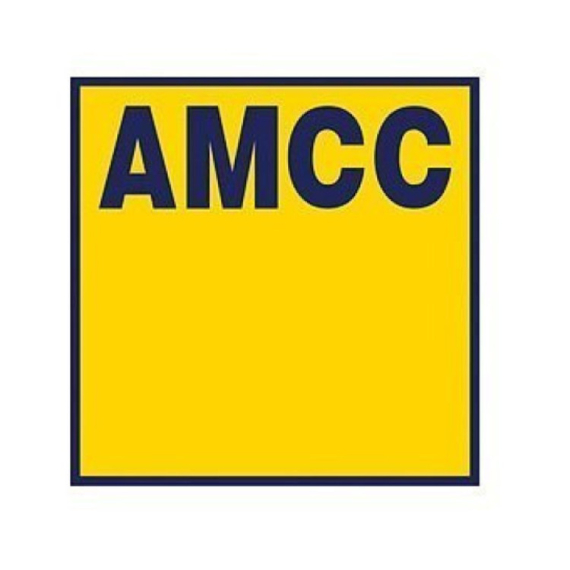Ex official denies involvement in steel mill sale
Former Deputy PM Miroljub Labus, who was recently questioned about the sale of Sartid steel mill, says that the then government had nothing to do with it.
Wednesday, 26.12.2012.
12:41

BELGRADE Former Deputy PM Miroljub Labus, who was recently questioned about the sale of Sartid steel mill, says that the then government had nothing to do with it. The Sartid sale is one of 24 controversial privatizations that the EU wants investigated. The Smederevo-based steel mill was sold to U.S. Steel for USD 21.3mn in 2003 and the state assumed the mill’s debt worth USD 1.7bn. Ex official denies involvement in steel mill sale The privatization was first investigated in 2004 and the Prosecution launched an investigation in 2009. It is suspected that several meeting were held in September 2003 where it was decided that the mill would be sold to U.S. Steel. Some top state officials allegedly attended the meetings where it was decided that the mill would be sold in a direct agreement with the U.S. company without involving other potential buyers. Media have speculated that there could be new arrests in the affair. Around 20 people have already given their statements to the police, including Labus. He told B92 Radio that he was questioned as a private citizen since the government he was a part of did not have the authority to decide on any state company. “I was in the federal government that was not allowed to touch any republic company, just like it was not allowed to touch any Montenegrin company because the entire privatization procedure was in the republic of Serbia’s jurisdiction. The sale of banks was in the federal jurisdiction and I headed the Council for Rehabilitation of Banks. So, we were dealing with banks, we were not allowed to deal with companies, the republic dealt with them,” he explained. However, Labus noted that it was important to say that the Sartid case was not about privatization but about bankruptcy. He said that a decision had been made while he was the head of the Agency for Rehabilitation of Banks to record all sessions. “It was recorded when Sartid was discussed and they (the police) called me to listen to the recording together,” the former deputy PM noted. Labus said that the only rational thing to do was to sell the steel mill, but that the Agency for Rehabilitation of Banks had not sold it. “The Council’s explicit decision was that we would not decide on how Sartid would be sold. We said, according to the Law on Bankruptcy, that Sartid needed to be sold in accordance with the assessed value. The assessed value was between USD 29mn and USD 52mn,” he said. When asked who decided to sell the company at the lower price and to transfer the mill’s debt to the state, Labus said that the decision had been made by the bankruptcy council and trustee. “The bankruptcy trustee’s last name is Ignjatovic, I cannot remember his name. This is not a secret,“ he added. When asked if he had known that there had been any suspicious operations regarding the sale of Sartid, he said that he had not and that the Agency for Rehabilitation of Banks had trusted that the state would manage to privatize the mill the best it could in the difficult financial situation. “If we are guilty for believing, then we are guilty,” Labus stressed. He said he supported the attempts to resolve the case bearing in mind that the steel mill, now called Zelezara Smederevo, was still closed. Miroljub Labus (B92) B92
Ex official denies involvement in steel mill sale
The privatization was first investigated in 2004 and the Prosecution launched an investigation in 2009. It is suspected that several meeting were held in September 2003 where it was decided that the mill would be sold to U.S. Steel.Some top state officials allegedly attended the meetings where it was decided that the mill would be sold in a direct agreement with the U.S. company without involving other potential buyers.
Media have speculated that there could be new arrests in the affair. Around 20 people have already given their statements to the police, including Labus.
He told B92 Radio that he was questioned as a private citizen since the government he was a part of did not have the authority to decide on any state company.
“I was in the federal government that was not allowed to touch any republic company, just like it was not allowed to touch any Montenegrin company because the entire privatization procedure was in the republic of Serbia’s jurisdiction. The sale of banks was in the federal jurisdiction and I headed the Council for Rehabilitation of Banks. So, we were dealing with banks, we were not allowed to deal with companies, the republic dealt with them,” he explained.
However, Labus noted that it was important to say that the Sartid case was not about privatization but about bankruptcy.
He said that a decision had been made while he was the head of the Agency for Rehabilitation of Banks to record all sessions.
“It was recorded when Sartid was discussed and they (the police) called me to listen to the recording together,” the former deputy PM noted.
Labus said that the only rational thing to do was to sell the steel mill, but that the Agency for Rehabilitation of Banks had not sold it.
“The Council’s explicit decision was that we would not decide on how Sartid would be sold. We said, according to the Law on Bankruptcy, that Sartid needed to be sold in accordance with the assessed value. The assessed value was between USD 29mn and USD 52mn,” he said.
When asked who decided to sell the company at the lower price and to transfer the mill’s debt to the state, Labus said that the decision had been made by the bankruptcy council and trustee.
“The bankruptcy trustee’s last name is Ignjatović, I cannot remember his name. This is not a secret,“ he added.
When asked if he had known that there had been any suspicious operations regarding the sale of Sartid, he said that he had not and that the Agency for Rehabilitation of Banks had trusted that the state would manage to privatize the mill the best it could in the difficult financial situation.
“If we are guilty for believing, then we are guilty,” Labus stressed.
He said he supported the attempts to resolve the case bearing in mind that the steel mill, now called Železara Smederevo, was still closed.
























































Komentari 0